Meet the Staff: Kim Kirchner, Rachel Sant, Alexis Harris and Kathy Molter from the Offices of Residency Training and Medical Student Education
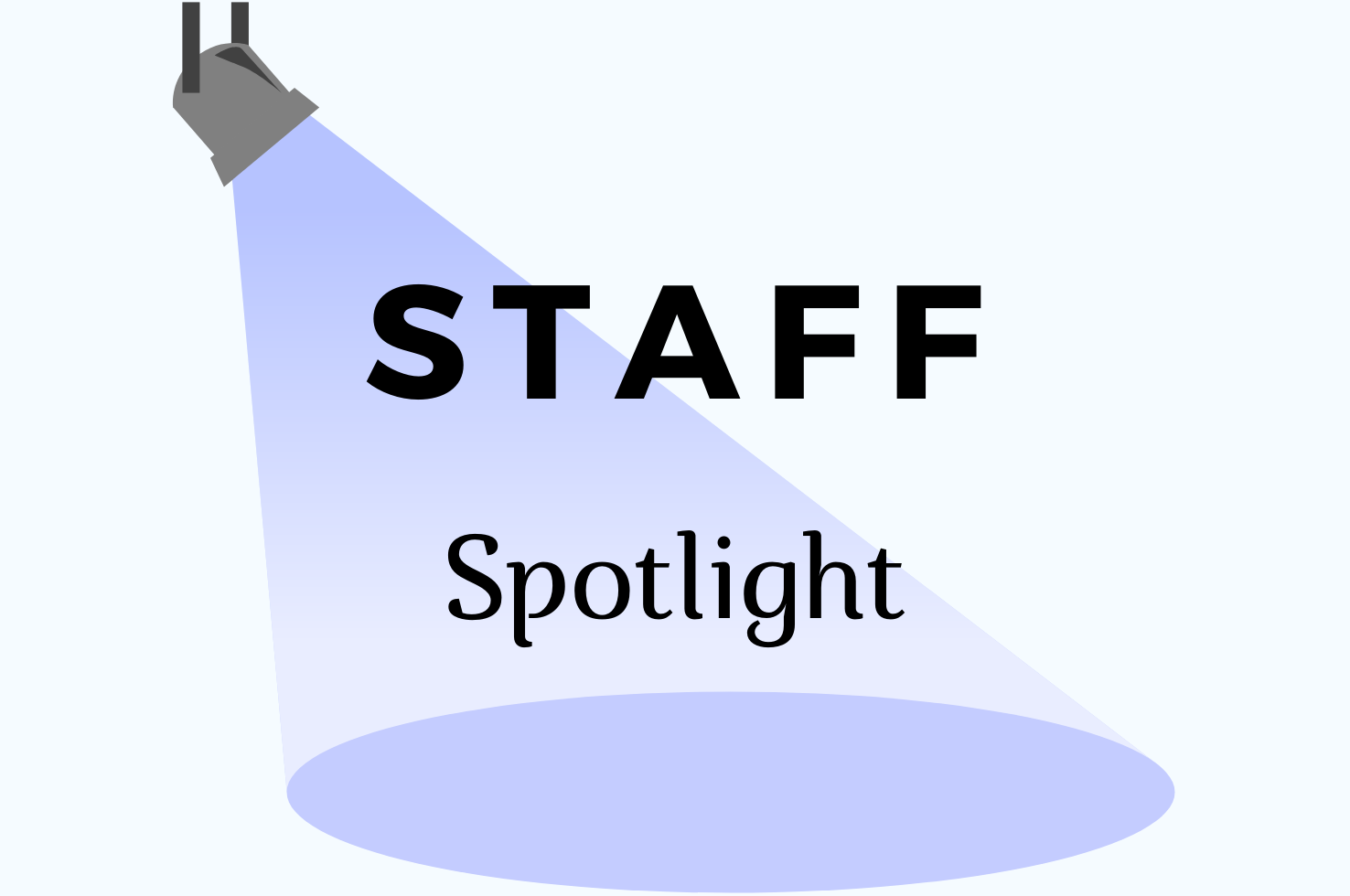
The Office of Residency Training (ORT) and Office of Medical Student Education (OMSE) provide a stimulating learning environment for psychiatry trainees.
Below, meet the staff who work closely with faculty leadership to create an outstanding educational experience for medical students, residents and fellows training in the Department of Psychiatry.
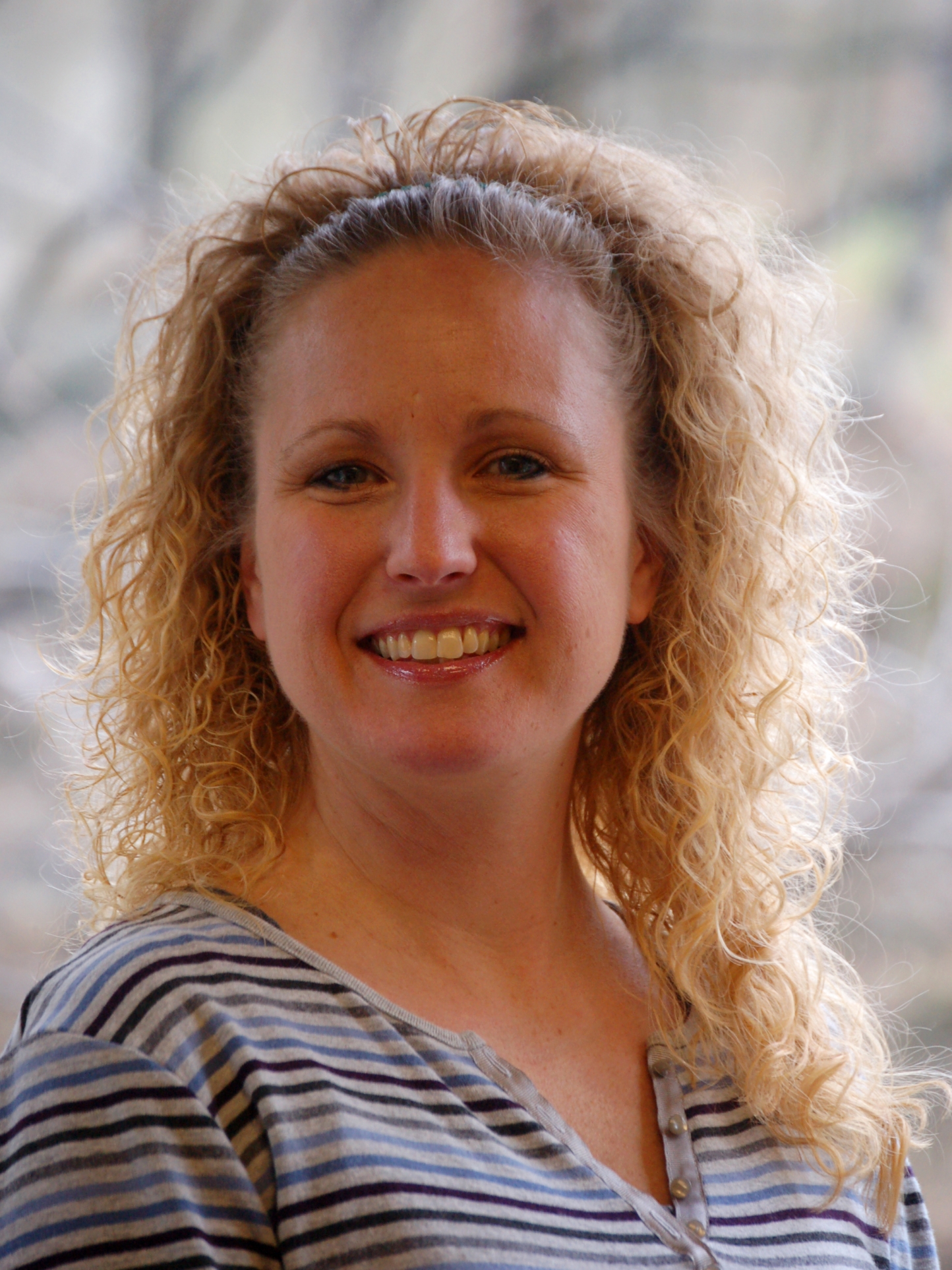 Kim Kirchner (Director, Operations, Psychiatry Residency Training)
Kim Kirchner (Director, Operations, Psychiatry Residency Training)
Describe your role in the ORT.
I oversee the day-to-day operations of our psychiatry residency training program, which consists of 80 residents and fellows, and also includes the recruiting, orienting and onboarding of between 17 and 25 new residents and fellows every year. I help them to obtain licenses and credentials, as well as to become oriented to UPMC Western Psychiatric Hospital (WPH) and the UPMC health system.
There is a lot to do to make sure those things happen! For example, every recruitment season I schedule around 1,100 in-person interviews for our General Psychiatry, Triple Board and Family Medicine/Psychiatry programs. It’s incredible how many people we get to meet each year. I also ensure the current residents and fellows are meeting their requirements for the Association of Accreditation for Graduate Medical Education (ACGME).
What did you do before this?
I’ve been in the ORT for 15 years. Before that, I worked for the president of WPH. When I came to work in the ORT, Michael Travis, MD (Department of Psychiatry Senior Director for Postgraduate Physician Training) asked me, “What do you know about residency training?” and I said, “not too much, but I am willing to learn!” He taught me everything I know from the ground up.
What is your favorite part of this work?
ORT is a community, a team. It takes the entire team to accomplish what we do every day. I love the community-building. We meet these trainees as they come in, always so worried about their first night on-call. Then just a few years later, we are watching them take on leadership positions.
This year during the ongoing Covid-19 pandemic, it has been amazing to see how much our residents and fellows are willing to do for each other. I think that speaks to what they learn here at WPH, what they learn from each other, as well as from the educators that take the time to teach them!
Tell me something that most folks at WPH don’t already know about you.
I like to do karaoke! I have been singing since age five, and I was even accepted to the Pittsburgh Creative and Performing Arts (CAPA) high school but decided not to go. I have always wondered where I might be if I had gone to CAPA! I also love to go camping on the weekends with my 11-year-old son. We have a mobile home in Evans City and after a long hard week of work, it’s fun to go relax in my home-away-from-home.
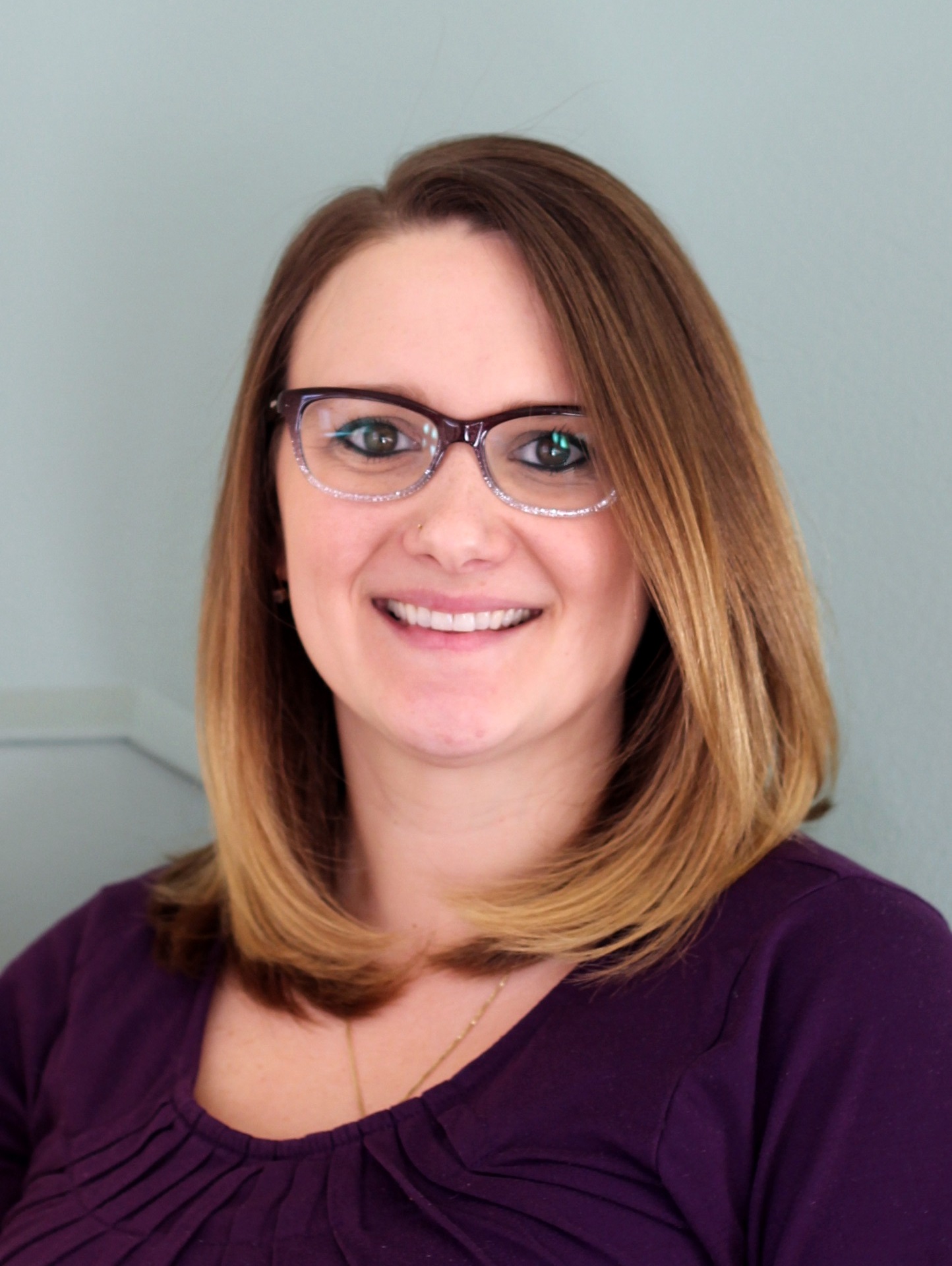 Rachel Sant (Administrative Assistant Senior)
Rachel Sant (Administrative Assistant Senior)
Please tell us about what you do in the ORT.
I work for Dr. Travis, Sansea Jacobson, MD (Director, Child & Adolescent Psychiatry and Triple Board Training) and Kim Kirchner. I support them, along with the residents, by helping them with anything they need. Scheduling meetings, contracts, licensures and evaluations, as well as approving vacations. I also create schedules for resident didactics, manage their educational stipends, and send out curriculums.
How did you come to work in the ORT?
I’ve been in this role since 2014. As I worked in other positions, I learned more about what I like—the education aspect of things. I especially like the structure in which residents and fellows move through the program in a 4-5-year cycle. Every year we meet a new group of people that will be trained to go out into the world and be psychiatrists, and it’s cool to see them grow in their careers. We build strong relationships with the residents and sometimes jokingly refer to ourselves as mother hens!
What is the most challenging about supporting the residents and fellows and what do you like best about it?
The biggest challenge is filing. There is an abundance of papers we keep on file for credentialing purposes and it is overwhelming at times. We keep everything from the moment they are hired until…well, forever!
The part I like best is the leadership. We are like a family—a small department but we have strong relationships. If you’re having any difficulty, personal or professional, they are there for you 100%. I admire our leadership’s drive to continuously improve the program and show compassion for each resident. It’s a blessing to be somewhere where you feel appreciated and wanted.
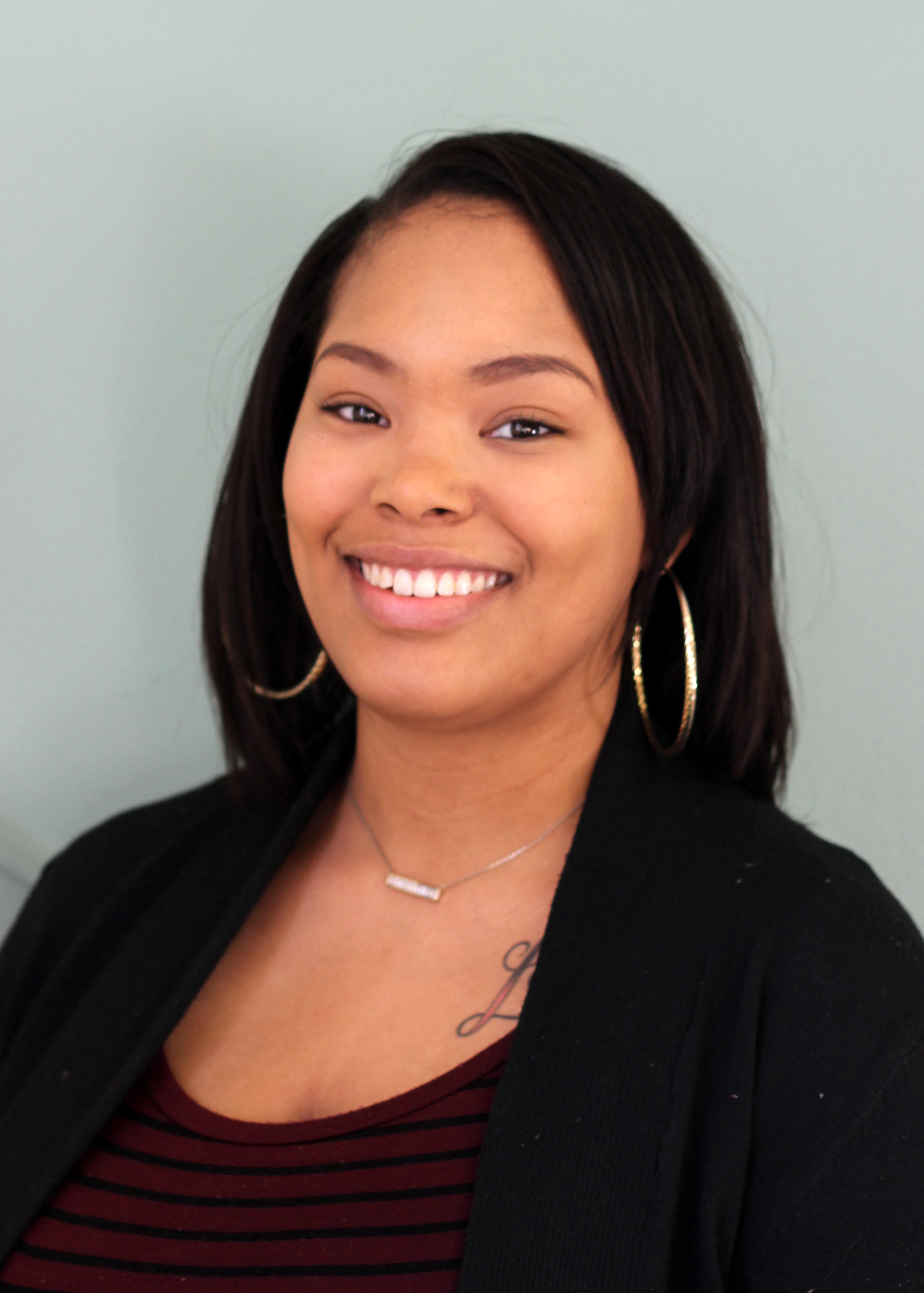 Alexis Harris (Administrative Assistant)
Alexis Harris (Administrative Assistant)
Alexis, you work both in residency training and medical student education. What do you do for each?
On the ORT side of my job, I work alongside Rachel, helping in-person with resident afternoon teachings. That means that on Thursdays I go into the classroom or auditorium before Grand Rounds or Journal Club to set up the cameras to record the residents and their experts for future viewing. I also help set up the lecturers for their teaching sessions. I additionally assist with orientation, recruitment and generally making sure residents and guest lecturers are where they need to be. I answer a lot of questions.
For the OMSE, I am in charge of everything for first and second-year medical students, which includes the Behavioral Medicine course and Introduction to Psychiatry. I correspond with the School of Medicine to make sure the classes are going as they should, and I also create the syllabus, check in papers, and make sure grades are in. Finally, I help with the Area of Concentration in Neuroscience, as well as with the Mind-Body Mini-Elective.
What did you do before this?
I’ve been in this role since 2017, having previously worked as a stay-at-home mother for a few years. Before my child was born, I worked at UPMC Community Care Behavioral Health in customer service.
What is something surprising and something challenging about your job?
I was surprised how many opportunities our Director of Medical Student Education has allowed me to give input. He will often ask me, “Do you think this is a good idea?” and he trusts my suggestions. It’s a really open and healthy work environment.
The most challenging thing is that we have a schedule, but life happens—and we can’t always follow the schedule. This work means that you have to be flexible, to understand that people have lives. But I love that our leadership are so accommodating, and they respect work-life balance.
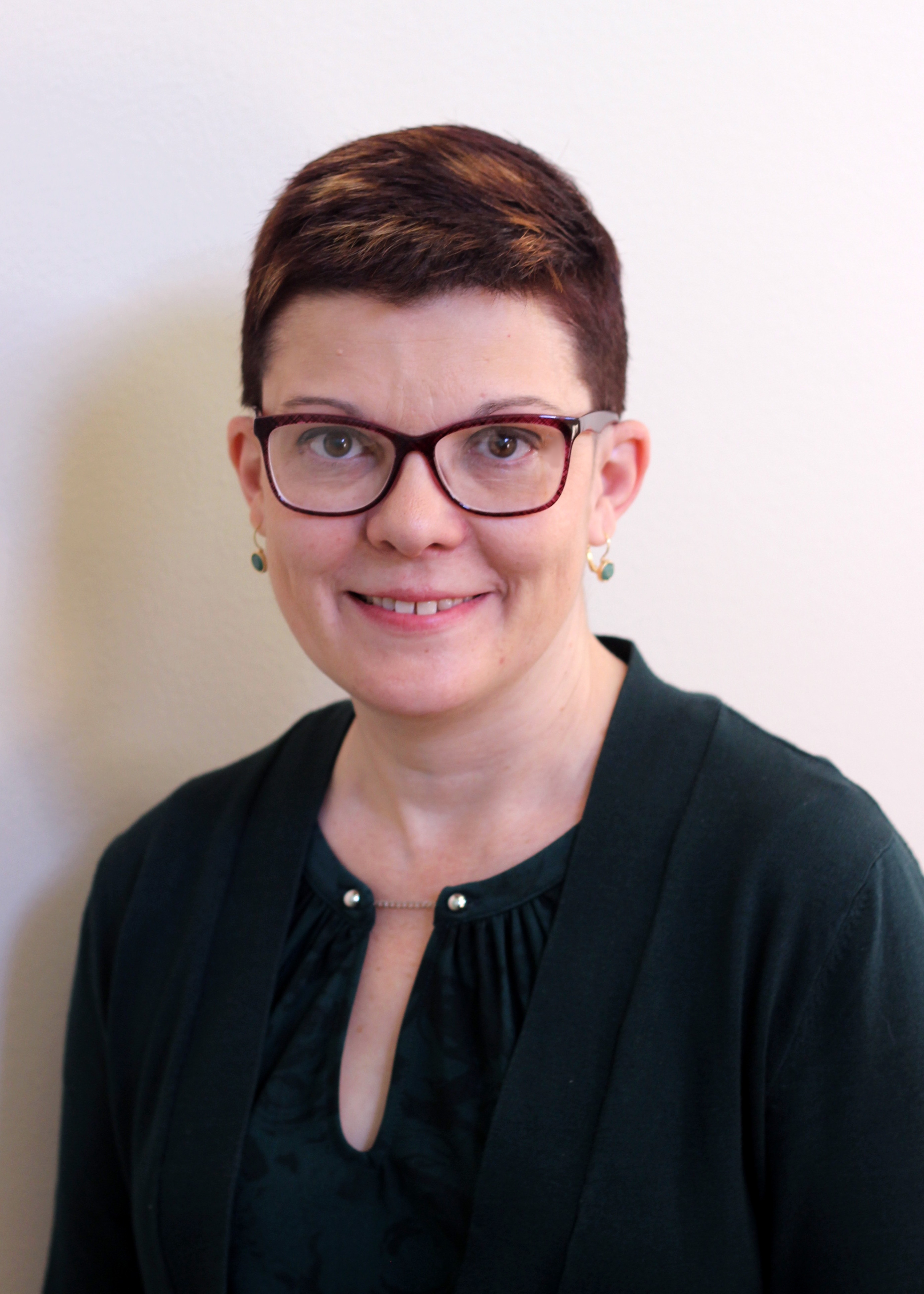 Kathy Molter (Administrative Assistant Senior)
Kathy Molter (Administrative Assistant Senior)
You work in the Office of Medical Student Education. What do you do?
I am the coordinator for the Psychiatry Clerkship for third- and fourth-year medical students. I’m the main point of communication for them, and I schedule didactics and exams, including objective structured clinical examinations, and I participate in orientation. I also work with MS-4 students who take Psychiatry Electives that we offer.
My main goal is to help the students stay free to focus on what they’re here to do—not worry about details or issues that may come up.
What’s something surprising that has happened to you in your job?
I often tell this story at orientation: In the beginning of the year, I always distribute body buttons, building keys and hand sanitizer. On exam day at the end of each block, the students are supposed to return the body button and the keys, but there are always one or two who try to give back a half-empty bottle of hand sanitizer as well!
What’s your favorite thing about working in the Office of Medical Student Education?
I love seeing the medical students go on to be successful and achieve great things in their careers!
